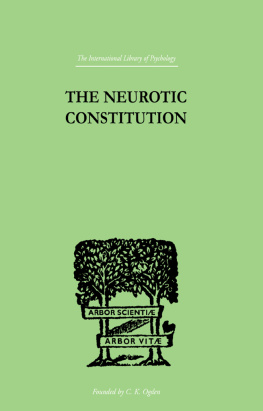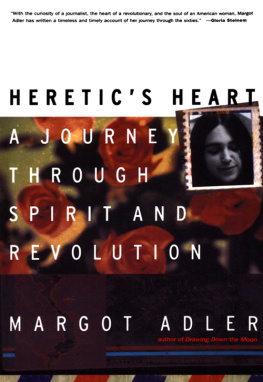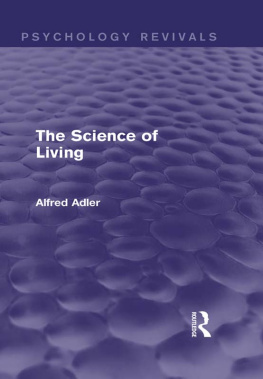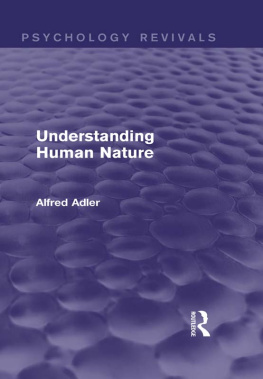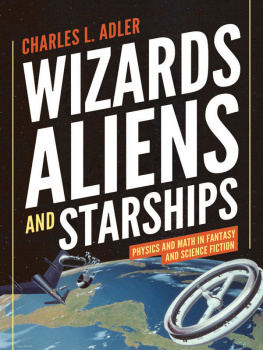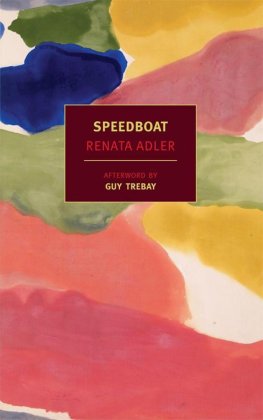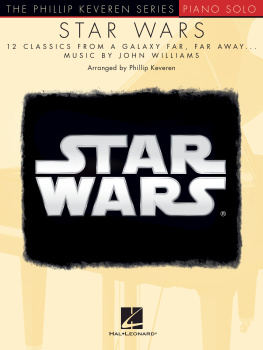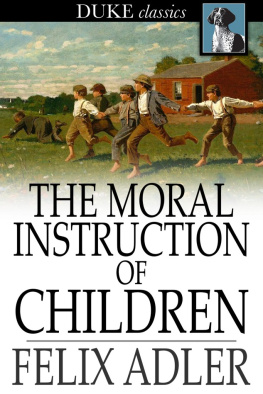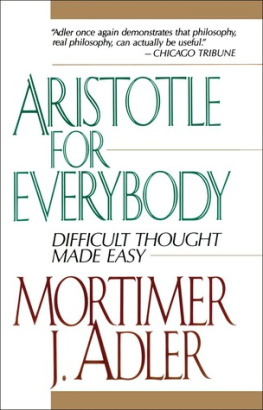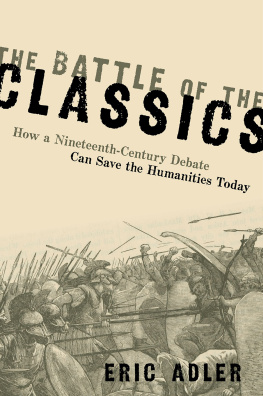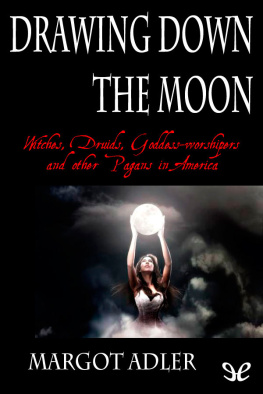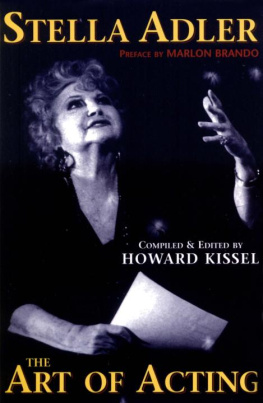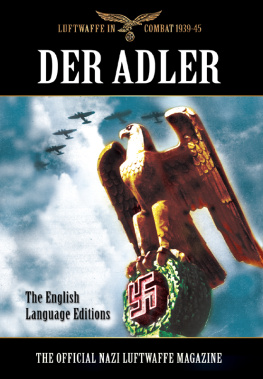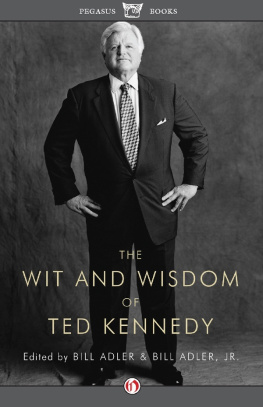Adler - Classics, the Culture Wars, and Beyond
Here you can read online Adler - Classics, the Culture Wars, and Beyond full text of the book (entire story) in english for free. Download pdf and epub, get meaning, cover and reviews about this ebook. publisher: University of Michigan Press, genre: Romance novel. Description of the work, (preface) as well as reviews are available. Best literature library LitArk.com created for fans of good reading and offers a wide selection of genres:
Romance novel
Science fiction
Adventure
Detective
Science
History
Home and family
Prose
Art
Politics
Computer
Non-fiction
Religion
Business
Children
Humor
Choose a favorite category and find really read worthwhile books. Enjoy immersion in the world of imagination, feel the emotions of the characters or learn something new for yourself, make an fascinating discovery.

- Book:Classics, the Culture Wars, and Beyond
- Author:
- Publisher:University of Michigan Press
- Genre:
- Rating:5 / 5
- Favourites:Add to favourites
- Your mark:
- 100
- 1
- 2
- 3
- 4
- 5
Classics, the Culture Wars, and Beyond: summary, description and annotation
We offer to read an annotation, description, summary or preface (depends on what the author of the book "Classics, the Culture Wars, and Beyond" wrote himself). If you haven't found the necessary information about the book — write in the comments, we will try to find it.
Classics, the Culture Wars, and Beyond — read online for free the complete book (whole text) full work
Below is the text of the book, divided by pages. System saving the place of the last page read, allows you to conveniently read the book "Classics, the Culture Wars, and Beyond" online for free, without having to search again every time where you left off. Put a bookmark, and you can go to the page where you finished reading at any time.
Font size:
Interval:
Bookmark:
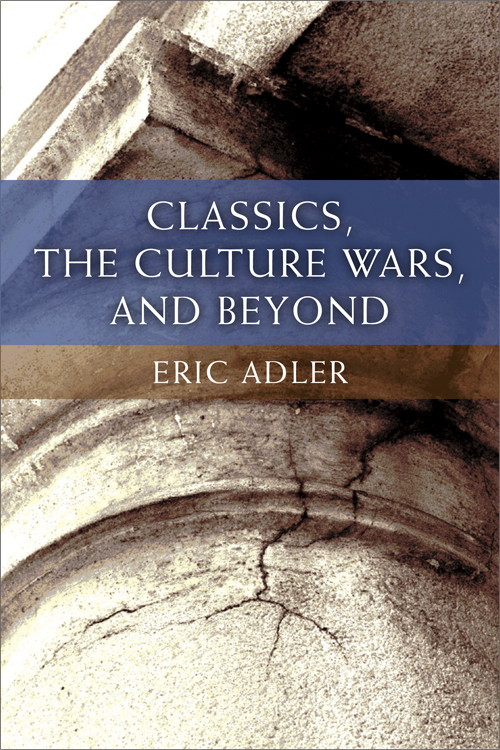
Eric Adler
University of Michigan Press
Ann Arbor
Copyright 2016 by Eric Adler
All rights reserved
This book may not be reproduced, in whole or in part, including illustrations, in any form (beyond that copying permitted by Sections 107 and 108 of the U.S. Copyright Law and except by reviewers for the public press), without written permission from the publisher.
Published in the United States of America by the
University of Michigan Press
A CIP catalog record for this book is available from the British Library.
Library of Congress Cataloging-in-Publication Data
Names: Adler, Eric, 1973 author.
Title: Classics, the culture wars, and beyond / Eric Adler.
Description: Ann Arbor : University of Michigan Press, 2016. | Includes bibliographical references and index.
Identifiers: LCCN 2016020378 | ISBN 9780472130153 (hardback) | ISBN 9780472122400 (e-book)
Subjects: LCSH: Classical educationUnited States. | Education, HumanisticUnited States. | Culture conflictUnited States. | BISAC: HISTORY / Ancient / General.
Classification: LCC LC1011 .A32 2016 | DDC 370.11/2dc23
LC record available at https://lccn.loc.gov/2016020378
For Mom, Dad, Callie, Lili, Amy, and Mike
Especially since this monograph focuses on contentious topics, it goes without saying that I alone am responsible for any errors of fact or judgment. In fact, I imagine that no one will agree with all the arguments advanced in these pages. Even so, this project was a collaborative enterprise, and my efforts benefited from the aid of many. I must thank my interviewees, who kindly agreed to discuss the controversies I analyzed: Lloyd Armstrong, Jr., George Bass, Lewis Bateman, Charles Rowan Beye, Josine Blok, Joseph Bottum, Glen Bowersock, Stanley Burstein, Diskin Clay, Eric Cline, Joy Connolly, Jerrold Cooper, Phyllis Culham, John Dillon, Page duBois, George Dunkel, Lowell Edmunds, Frank J. Frost, Barbara Gold, Herbert Golder, Peter Green, Erich Gruen, Jonathan Hall, Judith Hallett, Victor Davis Hanson, John Heath, Jay Jasanoff, Donald Kagan, George Kennedy, David Konstan, Mary Lefkowitz, Molly Levine, John V. Lombardi, Georg Luck, Charles Martindale, Barbara McManus, John Najemy, Alan Nussbaum, David I. Owen, Thomas Palaima, John Pollini, Jeremy Rabkin, Rhoda Rabkin, Gary Rendsburg, Seth Schein, Ruth Scodel, Marilyn Skinner, Jenny Strauss Clay, Bruce Thornton, Kate Toll, and Steven J. Willett. A few among this group deserve special commendation. The late Georg Luck generously consented to an interview with me about an unpleasant episode in his career, and his detailed responses to my countless e-mails helped me piece together the AJP affair with greater accuracy. Mary Lefkowitz merits some sort of medal for enduring long interviews on all the classics-based controversies discussed in this book. Victor Davis Hanson and John Heath were generous to agree to interviews, though they did not know me and, given the brouhaha surrounding Who Killed Homer?, they had reason to be skeptical of my intentions. In general, I hope that my interviewees conclude that I have tried hard to be fair to all involved.
A number of people read earlier portions of the manuscript: Teresa Bejan, Ward Briggs, Arthur Eckstein, Herbert Golder, Calvert Jones, Mary Lefkowitz, Molly Levine, Jeremy Pienik, Christopher Stray, Katherine Wasdin, and Caroline Winterer. Their feedback helped improve the manuscript immeasurably. An earlier portion of chapter 3 appeared in Classical World (The AJP Today Controversy Revisited, 108.2 [2014]: 6795). I would like to thank Lee Pearcy and Robin Mitchell-Boyask for allowing me to reprint an altered and expanded version of that article. The same thanks are due to Herbert Golder, since very small portions of chapters 1, 2, and 6 appeared in different form in Arion (Allan Bloom on the Value of the Ancients, or The Closing of the American Classics Department, 24.1 [2016]: 15160).
I must not leave out the efforts of my colleagues, who offered so much help and guidance. This project began when I was a member of the classics department at Connecticut College. Those who aided me there include John Coats, Michael Dreimiller, David Greven, Christopher Hammond, Janet Hayes, Dirk Held, Jim MacDonald, Sharon Moody, Richard Moorton, Robert Proctor, and Joan Silverberg. By the time I completed the book, I was a member of the classics department at the University of Maryland, College Park. I am delighted to thank my colleagues Francisco Barrenechea, Jorge Bravo, Lillian Doherty, Arthur Eckstein, Judith Hallett, and Gregory Staley. In addition to all her support and good cheer, Judith Hallett donated the funds necessary for my Web survey of contemporary American classical scholars. Although she knew that my book would not necessarily reflect her own take on affairs, Judith remained a tireless advocate on my behalf. I could never thank her enough for her assistance.
Various others supplied different sorts of help. Eric Cline sent unpublished materials to me on the Black Athena controversy. Lowell Edmunds shared an unpublished lecture he wrote, and both Ward Briggs and Christopher Stray sent advanced copies of forthcoming articles. Mary-Kay Gamel and Matthew Roller offered advice regarding chapter 3. Allison Glazebrook helped me contact the appropriate WCC staffers to handle my requests; Janet Martin, the WCC archivist, mailed a number of WCC newsletters to me. Jack Langer, previously an editor at Regnery Publishing, offered the sales figures for Charles Sykess two monographs from the culture wars. Eleanor Leach and Jane Phillips sent me materials regarding a controversy tangentially related to the narrative presented in chapter 3. Molly Levine allowed me to examine her correspondence with Martin Bernal. Fouad Makki, Bernals literary executor, gave me official authorization to quote from this correspondence, and Leslie Miller-Bernal supported my efforts and got me in touch with Makki. Andrea Purvis sent Diskin Clays unpublished memoirs to me. Patrick T. Rourke tracked down the archives of the Classics-L. Benjamin M. Schmidt helped me find data regarding the current state of classical studies in the United States. Eric Schmidt of the University of California Press supplied information related to the paperback version of WhoKilled Homer? Marilyn Skinner forwarded along to me a detailed letter on the AJP affair, which she wrote during the heat of the controversy. This proved to be an extraordinarily important source of information. James Stimpert, the Senior Reference Archivist at Johns Hopkins University, helped me navigate the relevant documents in the Ferdinand Hamburger Archives. Calvert Jones and Patricia Wallace helped me analyze the survey data. Peter Wayner facilitated a meeting with two former students of Martin Bernal (Jeremy and Rhoda Rabkin), and their recollections of Bernal aided my investigations a good deal.
The excellent staff members at the University of Michigan Press who worked on the book deserve praise: Ellen Bauerle, Susan Cronin, and Kevin Rennells. Ellen was a careful reader, helpful inquisitor, and steadfast advocate throughout the laborious publication process; her attention and feedback have substantially improved this book. I also thank the anonymous readers. I would also like to acknowledge friends who offered me support: Leah Ammon, James Barondess, Alex Beecroft, Matthew Diamond, David Greven, Alex Loney, Daniel Mathews, Jeremy Pienik, Jelle Stoop, Katherine Wasdin, and Akira Yatsuhashi.
Next pageFont size:
Interval:
Bookmark:
Similar books «Classics, the Culture Wars, and Beyond»
Look at similar books to Classics, the Culture Wars, and Beyond. We have selected literature similar in name and meaning in the hope of providing readers with more options to find new, interesting, not yet read works.
Discussion, reviews of the book Classics, the Culture Wars, and Beyond and just readers' own opinions. Leave your comments, write what you think about the work, its meaning or the main characters. Specify what exactly you liked and what you didn't like, and why you think so.

